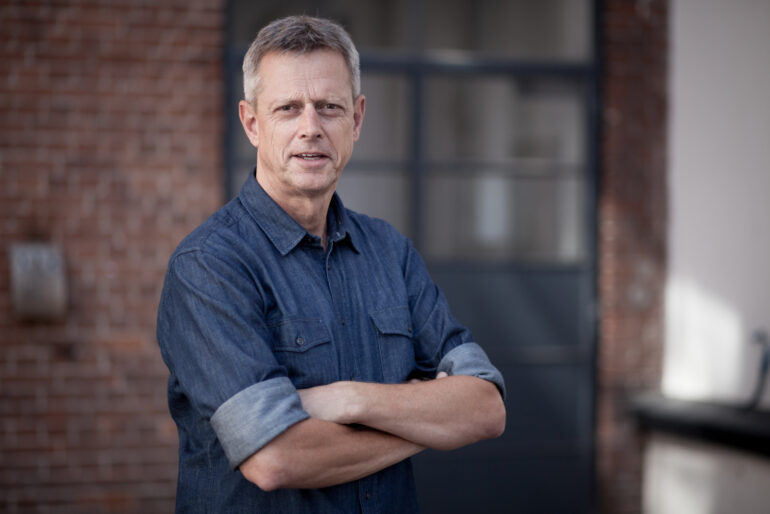Written by: Annika Pham
02.06.22
Claus Ladegaard says the new levy will be an integrated part of the existing Danish funding system, and will be administered by the DFI.
Danish lawmakers have agreed to introduce a 6% levy that streamers such as Netflix, HBO Max, Disney+, Viaplay must pay from their revenues in Denmark, to support the local audiovisual sector. The measure is part of the new Danish Media Agreement 2022-2025.
We spoke to Ladegaard.
What are the clear advantages of the new levy on streamers for Danish content?
CL: There are many advantages of the new levy which we welcome with great enthusiasm at the Danish Film Institute. First and foremost, the levy enables the production of more Danish quality films and series in the years to come. And also in more sustainable terms, this allows us to dream about a vibrant and strong Danish film industry that can continue to have a solid national position and a recognised international trademark.
What we are particularly happy about, is that the levy will be a part of the existing funding system in contrast to being a direct investment. This is because we believe that the existing Danish funding system has proved to be a guarantee for quality and diversity in Danish stories. We have a uniquely high market-share for Danish films in Denmark compared to the rest of Europe – we believe the funding systems helps ensuring the relevance of Danish films for Danish audiences. Moreover, we have had a historically strong international recognition, last year proven by Oscar-winner Another Round and this year by the three Oscar nominations to Flee and a number of films at the most important festivals.
How much extra money do you reckon the DFI will have through this new revenue stream?
CL: As nobody has access to the actual revenue of the big international streamers we do not know. We have an expectation that the levy will significantly increase the funds allocated for films and series. Looking at projections made during the past couple of years we might be talking about as much as up to €30 million, but let’s see once we have everything implemented.
Concretely when exactly will these new measures be implemented?
CL: We expect the necessary judicial work to be completed in the fall of 2022. Then 2023 will be the first full revenue year after the law has come into effect. So we hope and believe that the first money will come from 2024 and then every year onwards.
Are you also pleased that the Media Agreement includes a promise that DR and TV2 will increase their involvement in Danish film?
CL: We are extremely pleased with this part of the agreement as well. It is yet another proof that the political parties behind the agreement recognise the importance of a strong national audiovisual sector. Also, we are really happy that DR and TV 2, as the two largest national distributors, will continue to make films widely available and help maintain the interest of local audiences in Danish content.
